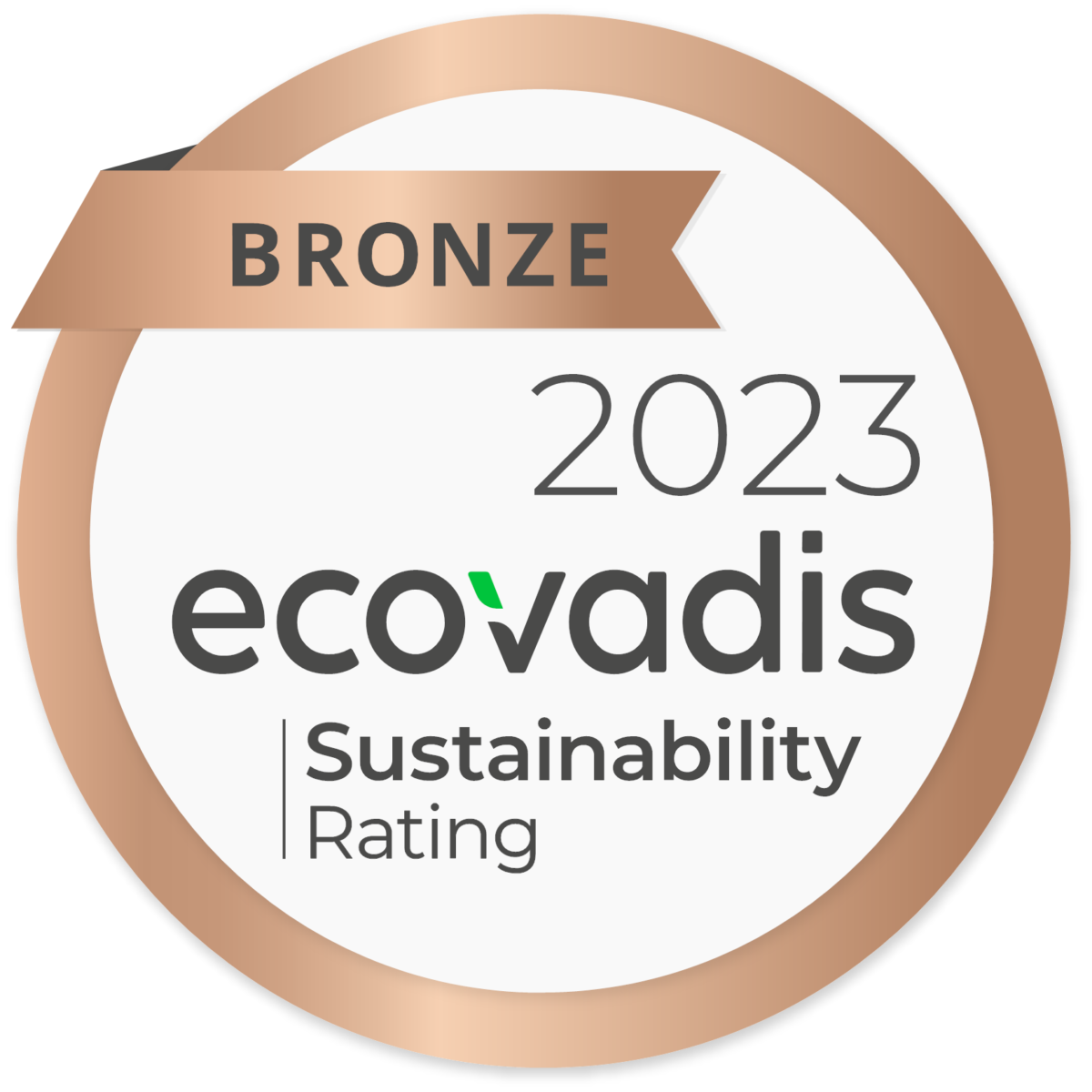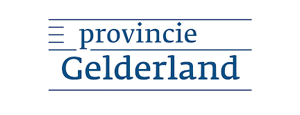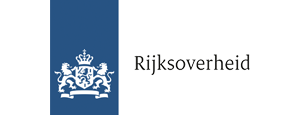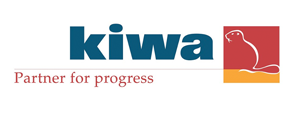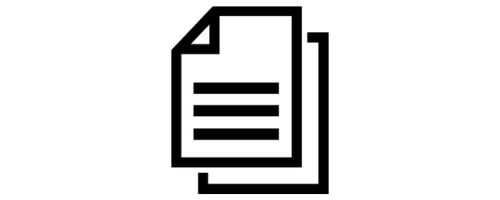Recycling should become the starting point in the design and purchase of products
19 maart 2019Producers, businesses, and the government can contribute to significantly increasing recycling rates. Although the Netherlands ranks in the top 3 countries for recycling, there is room for improvement. This statement comes from Boris van der Ham, chairman of the Association of Waste Companies, in a video message on Global Recycling Day.
The Netherlands is at the forefront of the transition to a circular economy. However, Van der Ham believes this is not a reason to become complacent. “Too often, products are being made that we know cannot be reused. Some types of plastic are not recyclable. They are of no use. That is not circular.” He advocates for reducing the use of plastic and, if it is used, ensuring that it can be recycled.
Only together can we close the loop
Every year, a higher percentage of various waste streams are being recycled. “We are very good at recovering raw materials, but that’s not enough,” Van der Ham explains. “When we have created new raw materials from recycled products, sometimes there are no buyers for them.” Companies often still automatically turn to non-recycled raw materials. Even the government does this, despite having a significant position in the market, such as infrastructure projects or procurement. “And that’s wrong. Products have a responsibility, as do waste companies, businesses, and the government. That’s how we can completely close the loop.”
Significant global gains through recycling
Van der Ham also sees an international role for Dutch waste companies. “We are good at recycling and waste management. This expertise can be shared with the rest of the world, where 70 percent of urban waste is still being dumped. This is the main cause of the plastic soup, which continues to grow as a result. Dutch waste companies have the opportunity to use their expertise globally to recycle more waste. Less waste in the environment, the ability to reuse products, reduced CO2 emissions, and a more circular economy. It’s a tremendous opportunity for the Netherlands and a significant challenge for the entire world.”
Source: Association of Waste Companies



